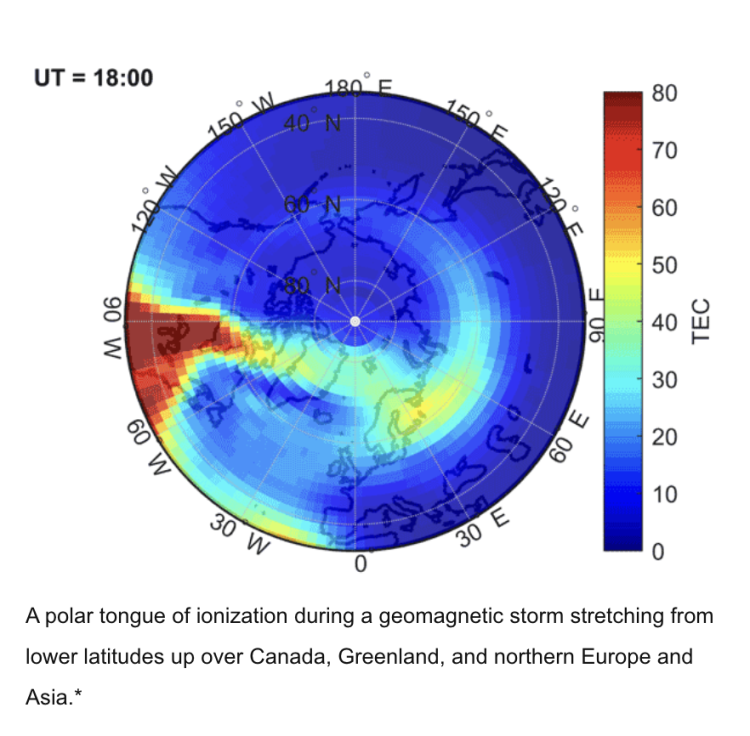
Yang Wang is leading a unique study harnessing satellite data to study how solar activity affects a poorly understood region of Earth’s upper atmosphere.
Wang, a visiting faculty member in the Ann and H. J. Smead Department of Aerospace Engineering Sciences working in the Space Weather Technology, Research, and Education Center (SWx TREC) and a 2021 graduate of CU Boulder’s aerospace PhD program, has earned a $699,018, four-year Early Career Investigator award from NASA.
“I’m going to be studying the responses of the Earth’s ionosphere to solar activities, particularly in the polar regions,” Wang said. “They are very complicated, coupled processes and are not very well modeled or understood.”
More information on this story can be found here.
